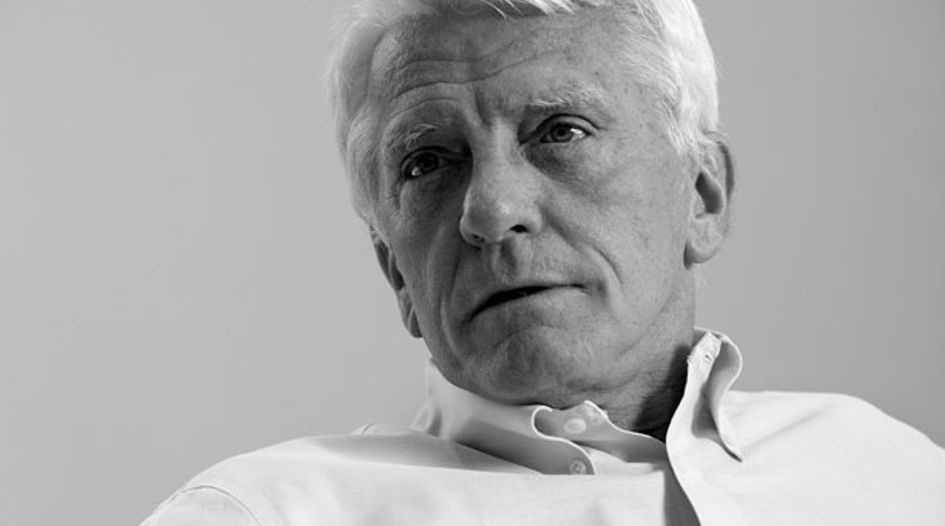Paulsson warns of “over-lawyering”

Leading arbitrator Jan Paulsson has warned that over-lawyering in international arbitration could mean it is replaced by a "daisy chain of international courts" in a keynote speech on the opening day of London International Disputes Week.
In a wide-ranging speech entitled “International arbitration in the year 2050 – shipwrecked or basking on the shores of the promised land (treading water not an option),” Paulsson outlined his concerns with the current practice of arbitration, including that memorials and awards have become far too long.
The Swedish arbitrator, who currently sits on the Court of Cassation in Bahrain and as president of the court of the Saudi Centre for Commercial Arbitration, said that today awards are often written by “unknown young authors” who “protect themselves by doing endless research… and don’t dare to simply make wise judgments”. He warned against the creation of “arbitral award factories” where juniors (unknown to the parties) cut and paste to create unnecessarily lengthy awards for appointed arbitrators while increasing their billable hours.
He observed that memorials in arbitration have also grown from 25-30 pages to being 200 to 300 pages in some cases, which he put down to “endless over-lawyering”. While some clients may approve of this exhaustive approach, Paulsson advised it is “wonderful to answer a 300-page brief with a 30-page answer”.
Paulsson warned that these developments now mean international arbitration is not an “enjoyable process” for clients, citing its “astonishing expense”. He said clients regard it with “revulsion” in some respects and use it when they have “no alternative”.
He highlighted the alternative presented by something like the Singapore International Commercial Court (SICC) – where cases are heard by judges “from jurisdictions around the world”. He described the SICC as a “truly international” competitor, the decisions of which are “very influential”.
If international arbitration was replaced by a system of international courts, this may “commend itself” as an alternative where none of the decision-makers are appointed by the parties, Paulsson argued. He recommended that arbitration practitioners take on board the “lesson” from the SICC – not producing judgments that are 200 pages long.
However, he said that “perhaps the scariest thing of all” for arbitration is the consequences of using new technology. While he doubted we are “finished” with such developments noting the previous arrivals of fax machines and the Blackberry, he said he was still “quite worried” about proceedings being “assisted by artificial means”, noting it will be increasingly easy to produce lengthy pleadings and decisions.
Memorials that “write themselves” cannot be the right direction for international arbitration, he continued. If that does take place, Paulsson said we must “ensure that it is done in a manageable way”.
Paulsson also reflected on the dramatic changes that have taken place in the field of arbitration during his career. When he first started arbitrators “used to be amateurs, taking appointments from time to time… and didn’t earn their living” in the role. Today, he said international arbitration has been “professionalised by full-time specialists” with 24-year-old practitioners who “intend to be an arbitrator” now entering the field.
While acknowledging the growth and increased professionalisation of the field, Paulsson said practitioners must be able to respond to criticism about the profit motives of those involved. “Are we profiting from injustice, are we profiting from things that have gone awry?” He said the community would be judged one way or the other and it must ensure that “the right way succeeds”.
He also reiterated his long-held position that we need to “do away with unilateral appointments of arbitrators” [because it tends to create] “not a comfortable situation”. He said unilateral appointment – meaning party-appointment - as the norm led parties to try to “game the system” [and could lead to one side’s feeling it had come out second best, and was in a position of inferiority].
Paulsson delivered his speech on LIDW’s international arbitration day jointly hosted by Clyde & Co, Covington & Burling and Kirkland & Ellis. The week, welcoming delegates from over 100 countries, takes place from 3 to 7 June and features a gala dinner and GAR Live ISDS.

